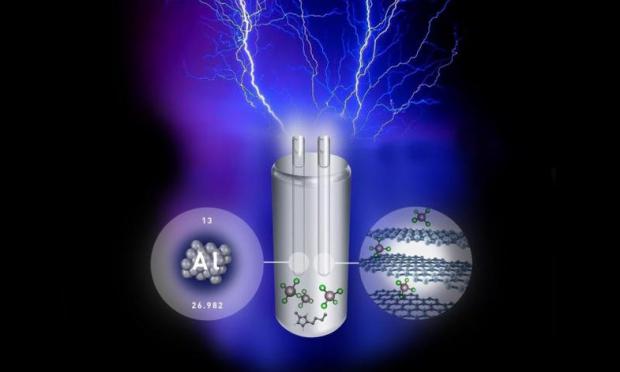
Breaking News
 Closing in on How Charlie Kirk Was Assassinated
Closing in on How Charlie Kirk Was Assassinated
 Here's a little song I just wrote. Dedicated to Al Gore.
Here's a little song I just wrote. Dedicated to Al Gore.
 Judge Blocks Executive Order Tightening Voter-registration Requirements
Judge Blocks Executive Order Tightening Voter-registration Requirements
 ALEX JONES' EXCLUSIVE EPSTEIN DOJ MEGA DOCUMENT DUMP ANALYSIS:
ALEX JONES' EXCLUSIVE EPSTEIN DOJ MEGA DOCUMENT DUMP ANALYSIS:
Top Tech News
 Critical Linux Warning: 800,000 Devices Are EXPOSED
Critical Linux Warning: 800,000 Devices Are EXPOSED
 'Brave New World': IVF Company's Eugenics Tool Lets Couples Pick 'Best' Baby, Di
'Brave New World': IVF Company's Eugenics Tool Lets Couples Pick 'Best' Baby, Di
 The smartphone just fired a warning shot at the camera industry.
The smartphone just fired a warning shot at the camera industry.
 A revolutionary breakthrough in dental science is changing how we fight tooth decay
A revolutionary breakthrough in dental science is changing how we fight tooth decay
 Docan Energy "Panda": 32kWh for $2,530!
Docan Energy "Panda": 32kWh for $2,530!
 Rugged phone with multi-day battery life doubles as a 1080p projector
Rugged phone with multi-day battery life doubles as a 1080p projector
 4 Sisters Invent Electric Tractor with Mom and Dad and it's Selling in 5 Countries
4 Sisters Invent Electric Tractor with Mom and Dad and it's Selling in 5 Countries
 Lab–grown LIFE takes a major step forward – as scientists use AI to create a virus never seen be
Lab–grown LIFE takes a major step forward – as scientists use AI to create a virus never seen be
 New Electric 'Donut Motor' Makes 856 HP but Weighs Just 88 Pounds
New Electric 'Donut Motor' Makes 856 HP but Weighs Just 88 Pounds
 Donut Lab Says It Cracked Solid-State Batteries. Experts Have Questions.
Donut Lab Says It Cracked Solid-State Batteries. Experts Have Questions.
Aluminum Ion Batteries Has Interesting Research

Testing has shown rechargeable graphene aluminium ion batteries had a battery life of up to three times that of current leading lithium-ion batteries, and higher power density meant they charged up to 70 times faster.
Queensland University has teamed up with the Graphene Manufacturing Group, a Brisbane company listed on the TSX Venture Exchange in Canada, to manufacture aluminium ion battery prototypes for use in consumer goods like watches, phones, cars and laptops as well as for grid storage.
Aluminium-ion batteries have a relatively short shelf life. The combination of heat, rate of charge, and cycling can dramatically decrease energy capacity. One of the primary reasons for this short shelf life is the fracture of the traditional graphite anode, the Al ions being far larger than the Li ions used in conventional battery systems. When metal ion batteries are fully discharged, they can no longer be recharged. Ionic electrolytes, while improving safety and the long term stability of the devices by minimizing corrosion, are expensive to manufacture and purchase and may therefore be unsuited to the mass production of Al ion devices. In addition, current breakthroughs are only in limited laboratory settings, where a lot more work needs to be done on scaling up the production for use in commercial settings.
Dozens of major research institutions are working on Aluminum ion batteries.



